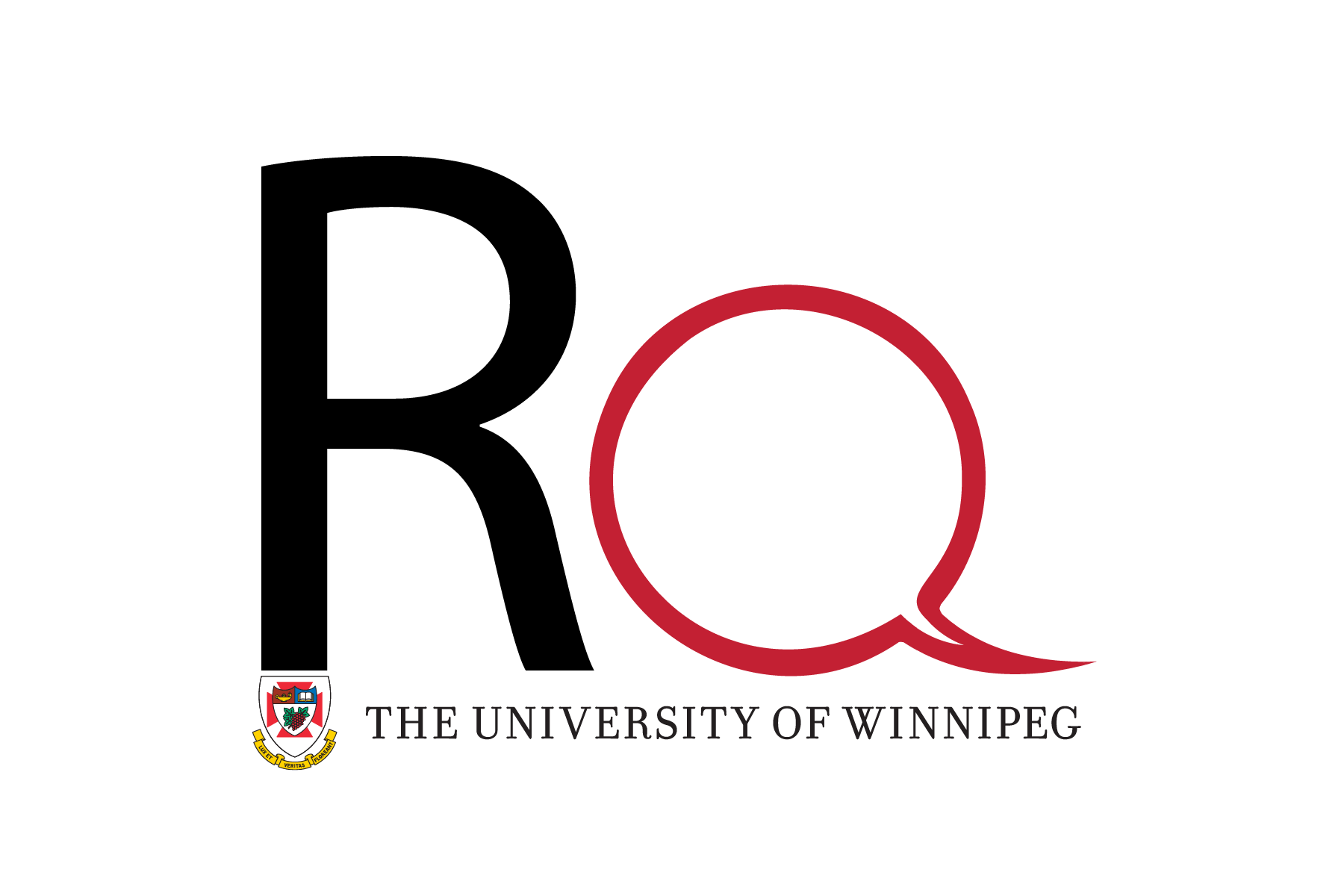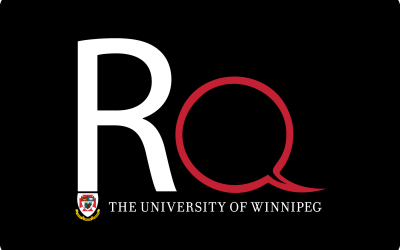The University of Winnipeg Research Question Podcast
Amplifying the impact of discovery from researchers at the University of Winnipeg.
The Podcast where we talk to researchers at the University of Winnipeg about the questions they have, and what they’re doing to find answers. UW Research Question is available on Soundcloud, Apple Podcasts and wherever you find podcasts.
Brought to you by the University of Winnipeg Research Office and the Oral History Centre.
Episode Archive
Episode 13: What can polar bear teeth tell us about the impacts of climate change?
Dr. Jean-Pierre Desforges is an Assistant Professor in the department of Environmental Studies and Sciences at the University of Winnipeg. His research focuses on understanding the impacts of human activities on the environment and wildlife populations. With the...
Episode 12: What can lampreys tell us about the complexity of sexual determination in nature?
Dr. Sara Good is part of a research team who are investigating the genetic pathways involved in sex determination and differentiation of one of the world’s most fascinating creatures. Sometimes referred to as the ‘vampire fish,’ lamprey have captivated researchers...
Episode 11: How are we trolling ourselves to death?
Dr. Jason Hannan, Associate Professor in the University of Winnipeg’s Department of Rhetoric, Writing, and Communications, researches the truth in politics and discourse; examining how disinformation, conspiracy theory, and populism is undermining democracy. His new...
Episode 10: How do children learn math?
Why do some children excel in math, while others struggle? It’s a question Dr. Stephanie Bugden has been trying to answer throughout her career. By using interactive games, and functional brain imaging methods, her and her research team from the University of Winnipeg...
Episode 9: How does magnetic resonance imaging help detect nervous system disorders?
Magnetic resonance imaging (MRI) is a complex and powerful diagnostic tool in modern medicine. By expanding the capabilities of the technology and developing new magnetic resonance imaging techniques, Dr. Melanie Martin and her research team are hoping to improve the...
Episode 8: How do we improve the water quality of lake Winnipeg?
Dr. Nora Casson studies how environmental pressures affect water quality. Dr. Darshani Kumaragamage's research focuses on the environmental impacts of agricultural practices. Together, they are working on understanding how climate change and human activities are...
Episode 7: Is there life on Mars?
Dr. Ed Cloutis, Professor of Geography and Director of the Centre for Terrestrial and Planetary Exploration at the University of Winnipeg, has spent a long career focusing on developing new applications of remote sensing to exploring the surface of the Earth and...
EPISODE 6: How do we learn more effectively while working in a high-stress work environment?
Dr. Aman Hussain from the Faculty of Kinesiology and Applied Health knows a thing or two about learning in stressful environments. In the past, he’s coached athletes, consulted for Canada's Royal Winnipeg Ballet, and worked with medical professionals. Now he’s working...
EPISODE 5: What is the importance of understanding collective behaviour and group level goals?
Dr. Olya Bryksina research focuses on goals. Everything from personal goals to large societal goals. She wants to know what motivates us towards attaining those goals and what can deter us. Currently, Bryksina has been examining different types of public health...
EPISODE 4: What Do A Boat And A Puzzle Have To Do With Teacher Burnout During COVID-19?
Dr. Laura Sokal and Dr. Lesley Eblie Trudel are part of a team of UWinnipeg researchers that have been studying stress and resilience in teachers since the early days of the covid-19 pandemic. By conducting a survey of over 2000 teachers from across Canada, the...
EPISODE 3: How does history teach us about structural racism?
Dr. Mary Jane McCallum is assistant professor in the History Department at the University of Winnipeg, Canada Research Chair in Indigenous People, History, and Archives and a member of the Munsee-Delaware Nation. Throughout her academic career, McCallum has focused...
EPISODE 2: How do we build more resilient cities post-coronavirus?
Dr. Jino Distasio, Professor of Geography and Vice President of Research and Innovation at the University of Winnipeg has been part of a group of academics from across Canada working to understand how increased income inequality has affected neighbourhoods. This...
EPISODE 1: How do we stop the spread of white-nose syndrome in bats?
Over the past decade, millions of hibernating bats across eastern North America have died from a fungal disease called white-nose syndrome causing the fastest population decline of wild mammals ever recorded. Through their research, Dr. Craig Willis and the bat lab...
Introducing: Research Question
From the University of Winnipeg Research Office, and the Oral History Centre, introducing Research Question: The Podcast where we talk to researchers at the University of Winnipeg about the questions they have, and what they’re doing to find answers.




